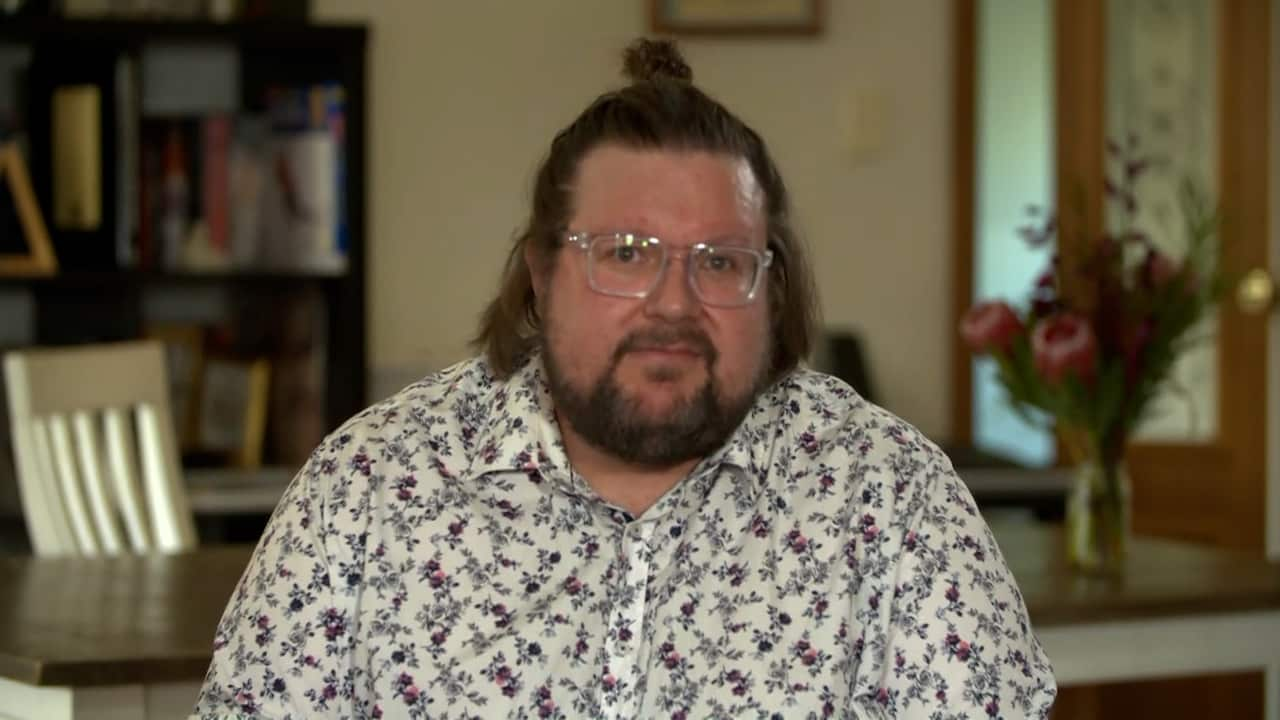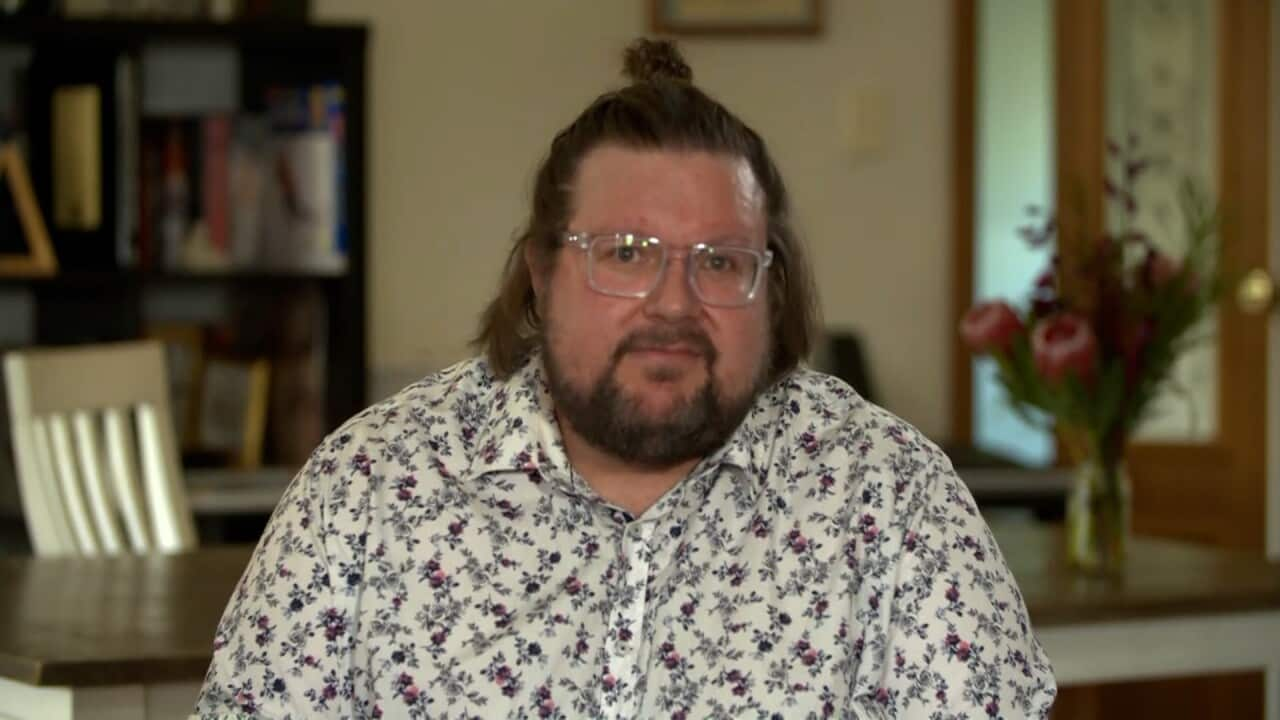When I was a kid, I would fantasise about finding a genie who would give me one wish. I wouldn’t use it to wish I was rich or to have a skate ramp in my backyard or a never-ending supply of Pokemon cards. I would have wished not to be fat. Now that I’m all grown up, I think I’d still choose the same thing.
There’s no room for fat people in our society. We are excluded from career paths, told we’re un-dateable, made to shop for clothes in special stores with condescending names, forced to buy two seats when we fly or openly abused when we don’t. We are verbally abused, shamed, excluded, othered and vilified. I don’t expect anyone to be surprised by this. Everyone knows and is okay with it. My point is that being fat is not the easy path. It’s not easier than being thin.
I’ve spent most of my life trying not to be fat. I’ve lost more than 20kg in the space of a few months more times than I can count. I was shamed as “the fat one” when I was an elite rower in high school. Sure, I was chunkier than the other rowers, but when I look at old photos, I can’t believe that’s how I felt. I train, I work out, I exercise, I’m not lazy.

Sam Ikin Source: Insight
I have a problem with food. I have an eating disorder. I eat compulsively, and I often feel like I can’t control it. It’s been a problem for as long as I can remember.
Experts say that eating disorders are very effective at managing other mental health conditions. They also say that eating disorders hardly ever occur on their own. They almost always occur with other illnesses like anxiety, depression or obsessive compulsive disorder (OCD). It’s true for me.
It makes sense that I would use food to soothe myself when I’m feeling anxious or depressed — food and emotion have always gone together for me. I grew up in a very health-conscious household. Junk food was bad, and we just didn’t have it in the house. But my step-siblings and other kids at school were allowed it, and I felt deprived. I’d take any opportunity I could to make sure I was not missing out. When I could get my hands on junk food, I’d make the most of it, and I’d feel happy.
When I felt anxious or depressed, I’d find myself craving the same foods that made me feel happy when I was a kid.
As I became more independent and could choose to eat whatever I wanted, I would subconsciously manage my emotions with food. When I felt anxious or depressed, I’d find myself craving the same foods that made me feel happy when I was a kid. The devolution of this habit into a full-blown eating disorder is a story for another time.
We all cope with that emotions in different ways. Some people have developed healthy ways to cope with them. Others find it more challenging to manage. I’m one of the others, but I’m beginning to learn that I’m one of many others.
I don’t expect that our society will ever change the way it treats fat people. I’m sure I’ll continue to hear versions of, 'why don’t you just stop' or being helpfully told the principles of, 'calories in vs calories out,' as though it’s not something every single adult already knows. If it were just a matter of educating people on eating 'properly', we would have solved the obesity epidemic in the 70's. I believe it should be treated like a mental health issue and more and more evidence is surfacing that supports my belief.










